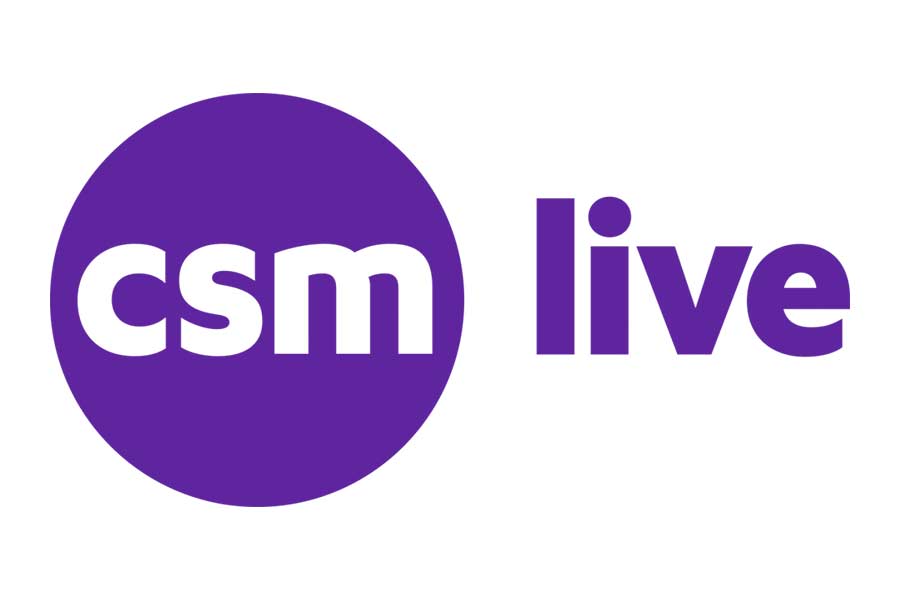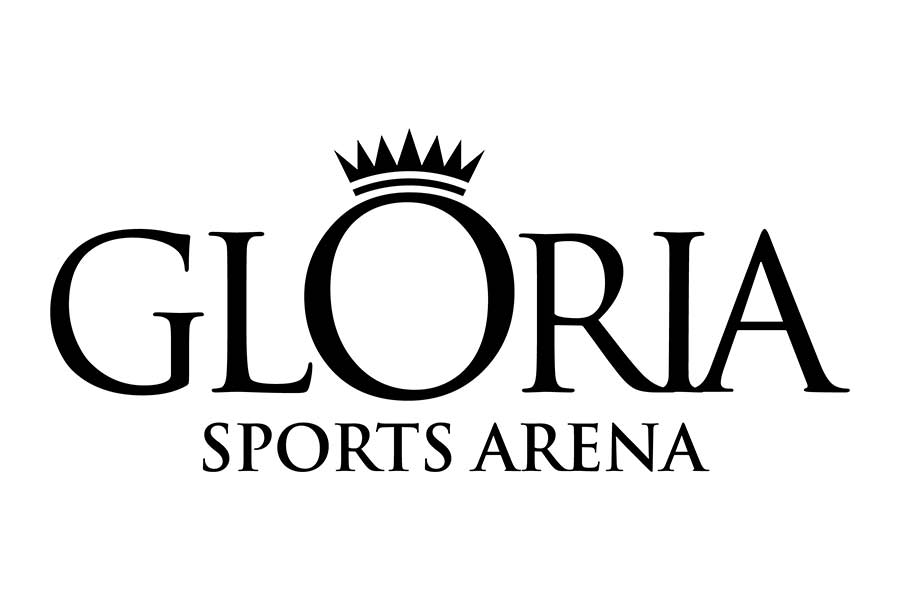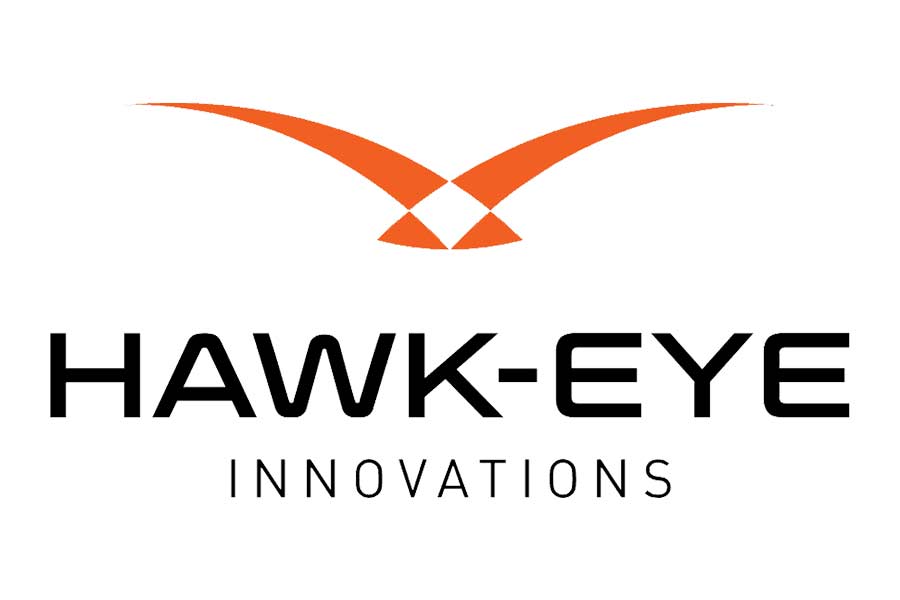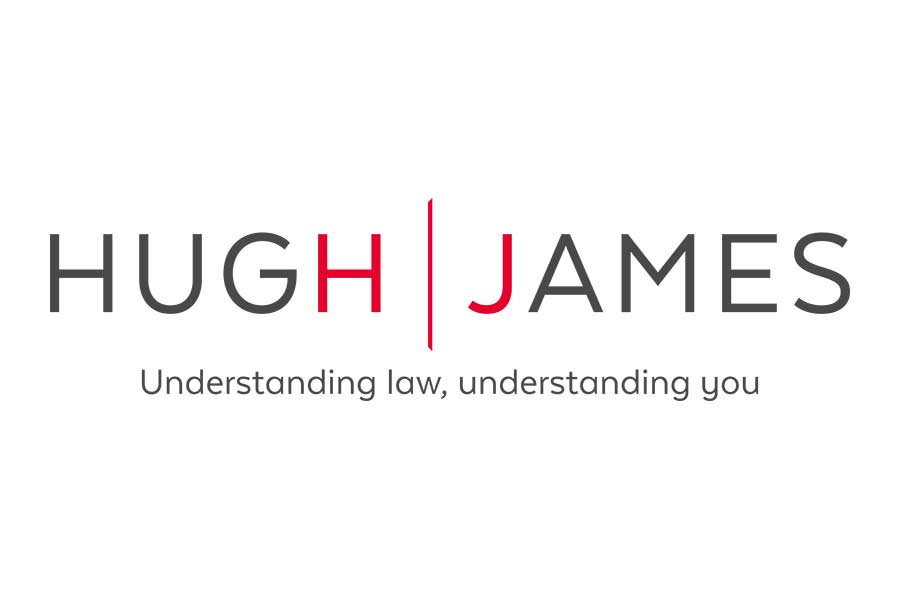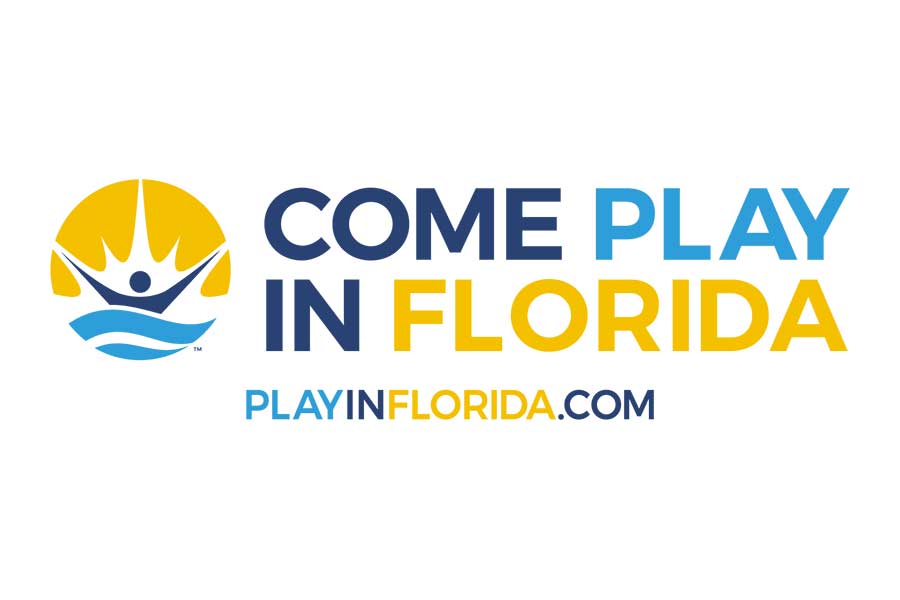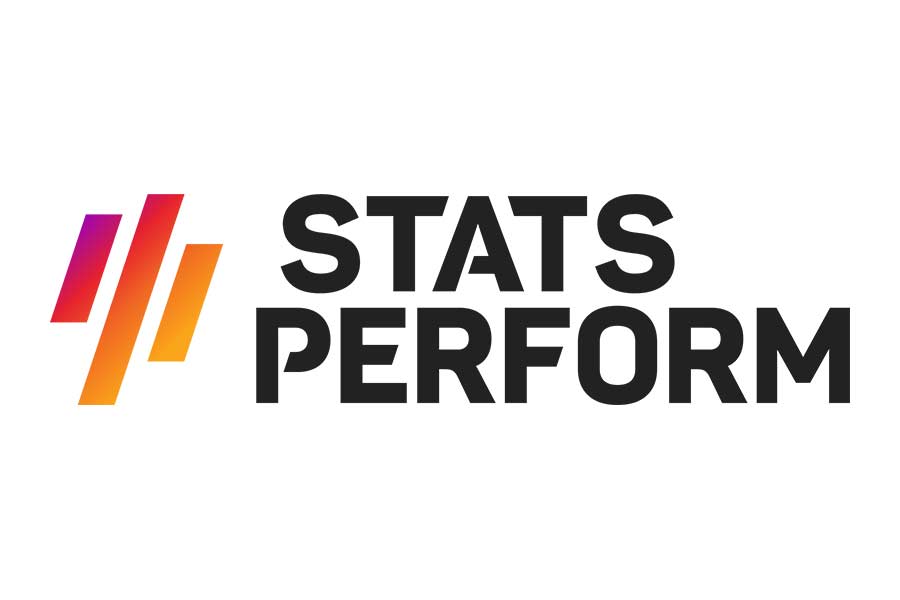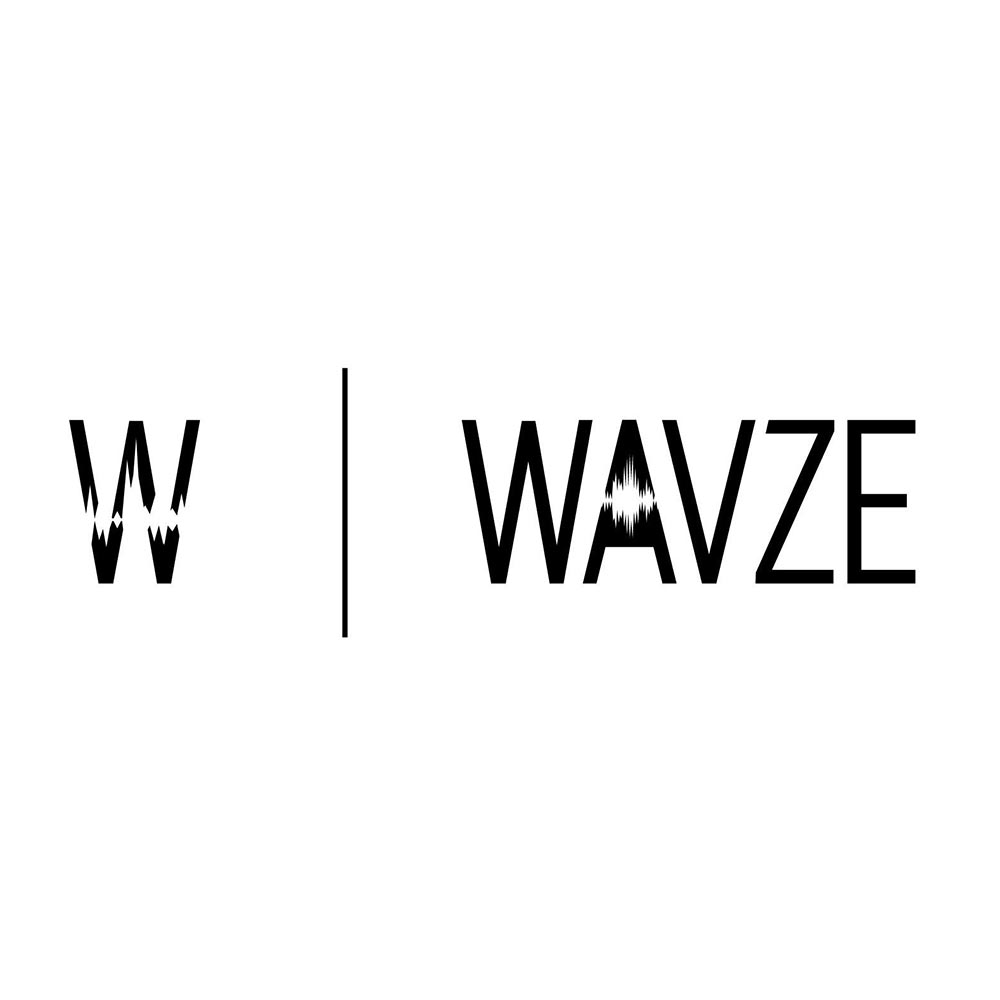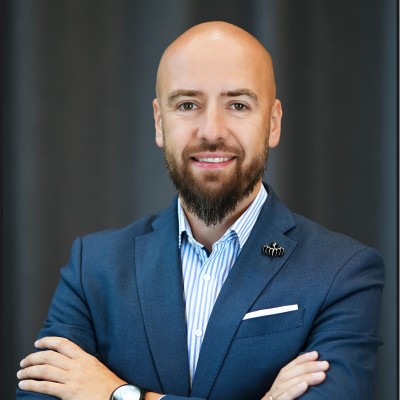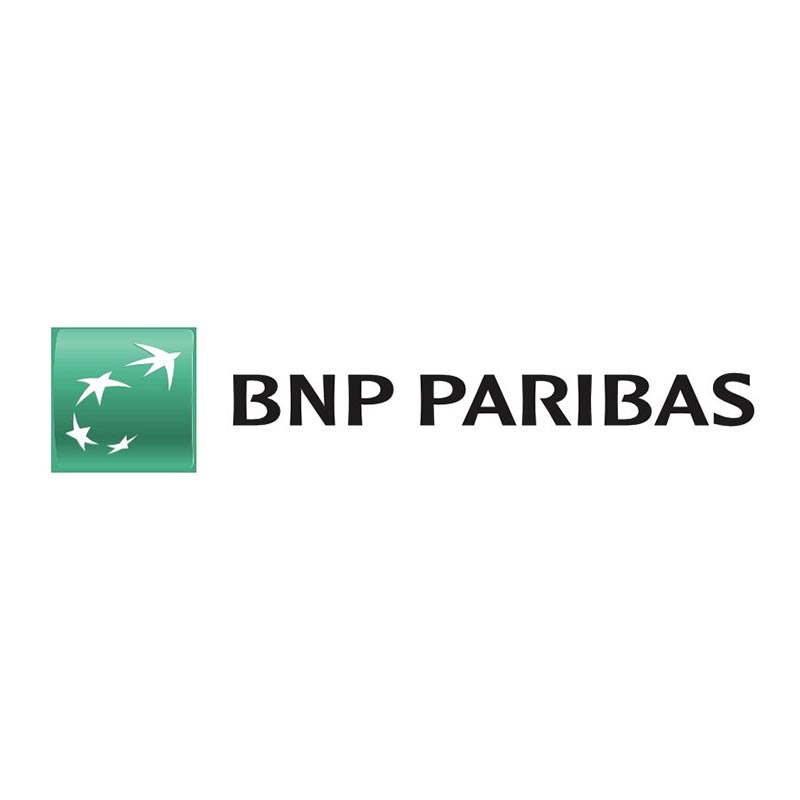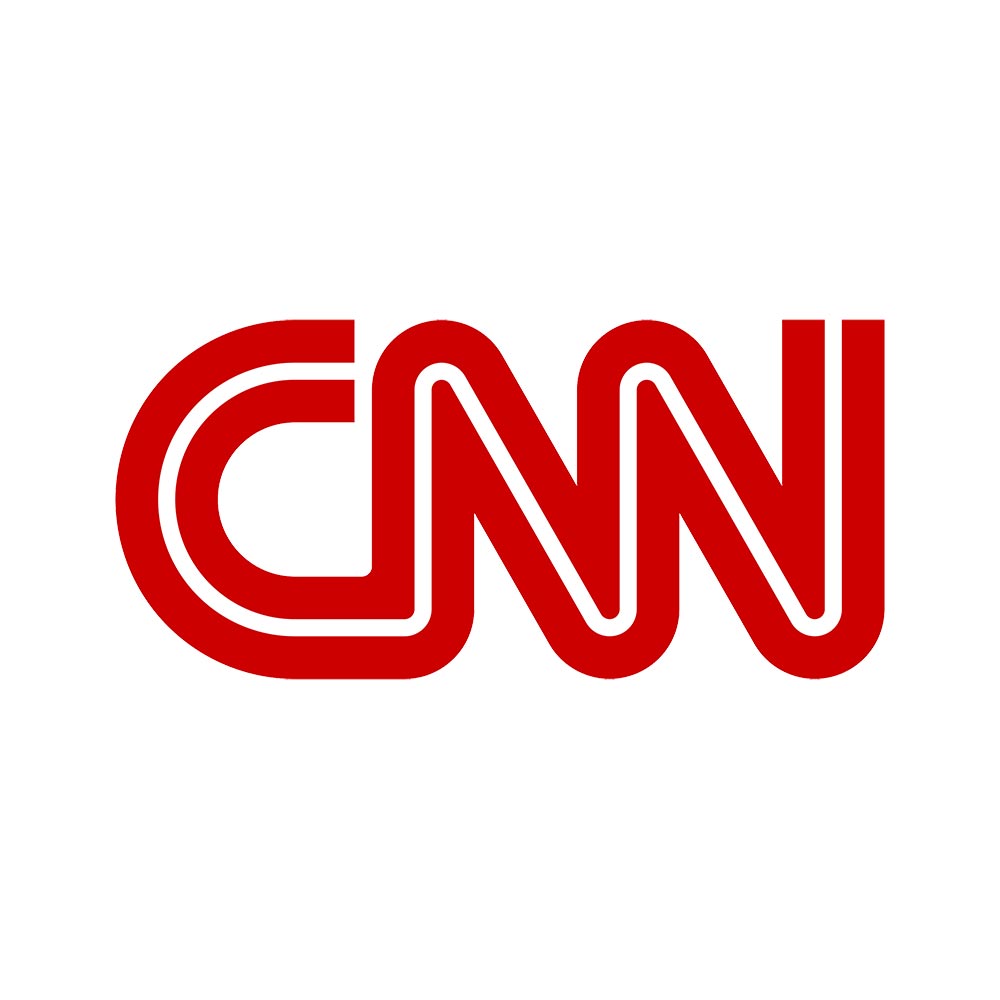The session on the future of sponsorship, where the speakers discussed how Hyundai brought impact to the world’s biggest stage., the FIFA World Cup 2021 in Qatar.
The speakers included Clara Iltgen, Strategy Director at JvM Sports, Felix Umbach, Creative Director at JvM Sports, Alexander Riggers, Co-Founder of RAWR by Webrepublic, and Karim Teufel, Lead Strategist at RAWR by Webrepublic.
The speakers emphasized the importance of having a format for success that includes resistance and power. They also talked about the major challenges faced by Hyundai during the FIFA campaign, which included how to use the first world cup in the Middle East to be sustainable, second was COVID, and finally the Ukraine war.
To be able to overcome these challenges, they focused on creating a campaign about shared future, which emphasized environmental and social sustainability.
The campaign was focused on “Planet and People” and the goal was to create a united world of sustainability.
They also talked about how to maximize value on such an event and engage fans on a higher level. They moved to a performance-driven approach with the build up by FIFA on the new D2C Platform: FIFA+.
One of the key campaigns discussed was the campaign by Hyundai, “Goal of the Century” during the FIFA World Cup. The campaign touched on emotional contact and emphasized that the biggest goal is not the one that is scored on the pitch.
The campaign included a team of the century with influencers, former England national football player Steven Gerrard, Hyundai Motor’s global brand ambassador BTS, Afghan refugee football player and Denmark UNESCO ambassador Nadia Nadim, American fashion designer Jeremy Scott, Italian sculptor Lorenzo Quinn, documentary photographer Nicky Woo, Boston Dynamics robot Spot. Members of BTS also changed the lyrics of one of their songs to match the sustainability goal.
The speakers also discussed what they were trying to achieve on FIFA channels, which was to be personable and actionable. They achieved 2.2 billion social impressions and redirected the world towards less carbon footprint and waste with the world cup aiming towards big sponsorships on the biggest scale.
The campaign also encouraged the world to make a pledge towards sustainability, where people from all across the world were making small pledges towards sustainability.
In conclusion, the speakers emphasized that Hyundai focused on the fact that when everyone was putting their logo first, they put the world first.
The campaign created by Hyundai during the FIFA World Cup was a huge success and became the most loved and most activated brand by their campaigns during that period.
The key takeaway from the session was that sustainability is not just about a greener future but also about social sustainability, and that brands can create a huge impact on the world stage by focusing on sustainability.


